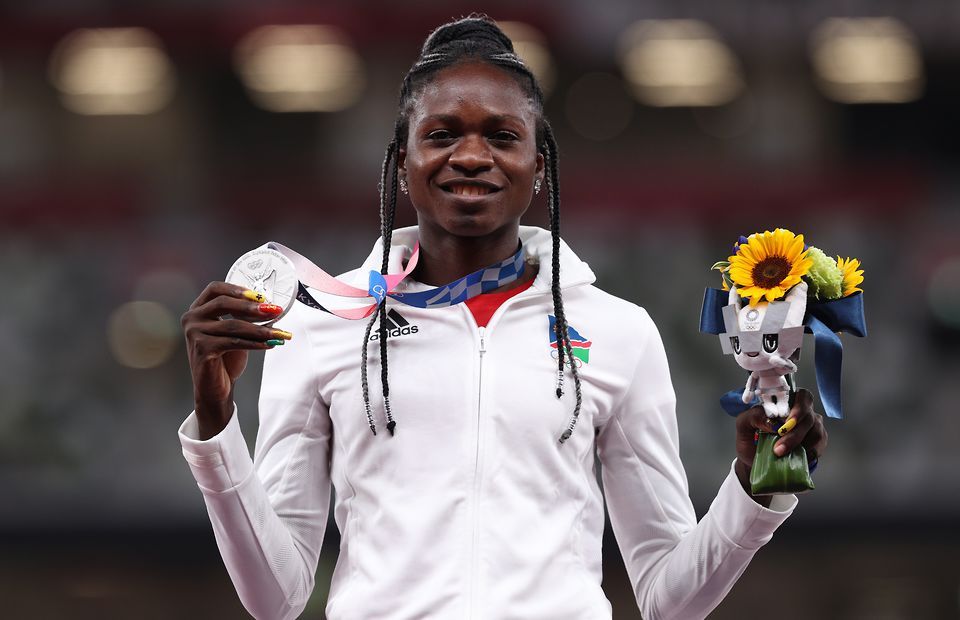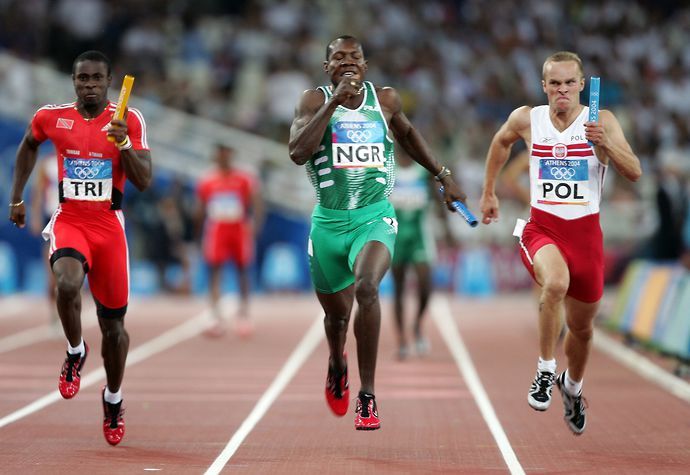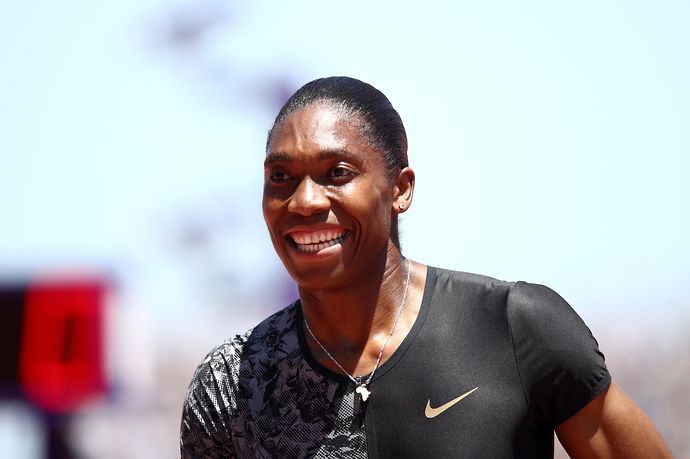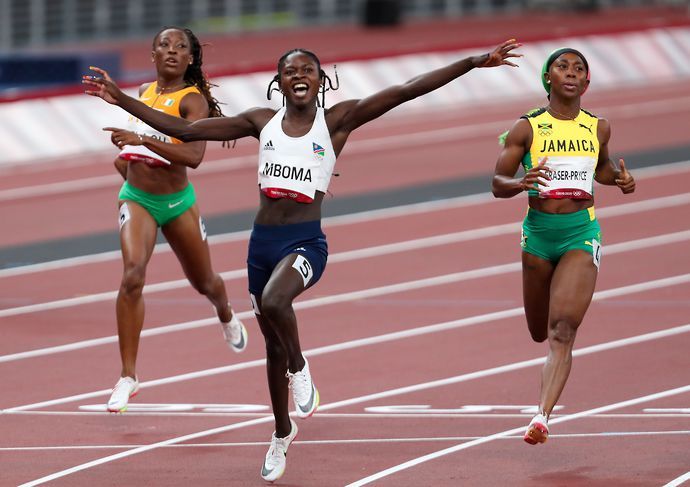Marcin Urbaś, a former Polish athlete, has demanded Olympic silver medallist Christine Mboma take a gender test.
According to Spanish newspaper Marca, Urbaś questioned whether Mboma "definitely is a woman" after she raced to a silver medal in the 200 metres at the Tokyo 2020 Olympic Games. The 18-year-old finished in 21.81 seconds, around three seconds behind gold medallist Elaine Thompson-Herah.
Namibia’s Mboma was contesting the 200m after she was prohibited from running in the 400m due to Difference of Sexual Development (DSD) regulations. The rules prevent women with testosterone levels above five nanomoles per litre from competing in distances from 400m to 1500m.
Urbaś claimed Mboma’s testosterone levels were an "advantage" that could be "seen with the naked eye."
"In construction, movement, technique, at the same time as speed and endurance," he continued. "She has the parameters of an 18-year-old boy. At that age, my personal best was 22.01, and she has done it in 21.97 in Tokyo."
The 44-year-old Urbaś is the Polish record holder for the men’s 200m with a time of 19.98 seconds. He competed at two Olympic Games, failing to make the 200m final at both Athens 2004 and Sydney 2000.
What are Difference of Sexual Development regulations?
World Athletics updated its DSD regulations in 2018. The ruling forces athletes with DSD to take drugs to reduce their naturally-occurring testosterone. DSD athletes with naturally high levels of testosterone need to medically limit that level to less than 5 nmol/L, double the normal female range of below 2 nmol/L.
It is claimed higher levels of testosterone give an "unfair advantage" to female athletes. But human rights activists have claimed female track and field athletes, largely from the Global South, are abused and harmed by sex-testing regulations. They argue the wellbeing of DSD athletes is not considered, and sex-testing rules lead to discrimination, surveillance, and coerced medical intervention.
South Africa’s Caster Semenya is the most high-profile athlete impacted by DSD regulations. As a result of the rules, Semenya was unable to go for a third successive Olympic gold medal in the 800m at Tokyo 2020. The 30-year-old topped the podium across the distance at both London 2012 and Rio 2016.
What will happen to DSD regulations in the future?
Following Mboma’s silver medal at Tokyo 2020, World Athletics President Sebastian Coe suggested DSD regulations could be extended to sprint distances.
"It was pretty observable that the last 30 or 40 metres were impactful," Coe said of Mboma’s run. "But, actually, I think that vindicated the decision about 400. If you are finishing a 200m like that, you extend the runway… That in a way supports the judgement that was made."
"You’re never going to satisfy everybody. But what I did want to do was find a navigable route through, which was testosterone control. Some athletes have decided to follow that regime. Other athletes have decided to go distances either side. I still think it’s the right decision."
Coe added: "None of these are optimal judgements. Was it right to do what we did at the distances? Yes, and I think the 800m yesterday was a very good example of that. This is just continually monitoring"
Athlete rights activist Payoshni Mitra contrasted Coe’s comments about Mboma with those he made regarding Britain's Keely Hodgkinson, who made "spectacular" progress to clinch silver in the 800m.






















